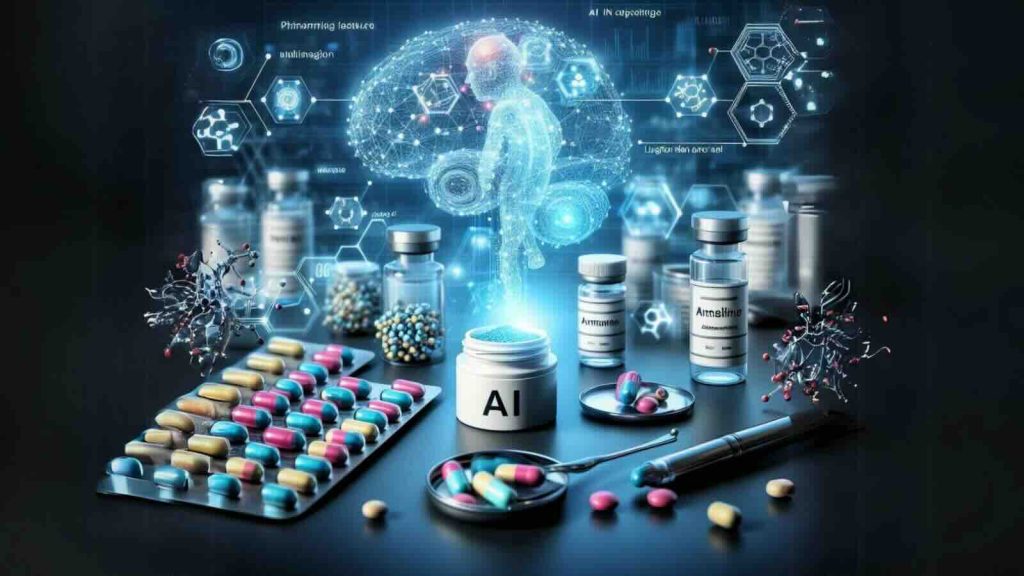Pakistan’s pharmaceutical industry is stepping into a new era by embracing artificial intelligence in its drive to transform healthcare delivery and research. At a recent workshop organised ahead of the PPMA Pharma Summit, industry and tech experts outlined plans to use AI to speed up drug discovery enhance diagnostics and reduce adverse drug reactions for patients.
Experts like Jim Harris emphasised how tools inspired by global models can accelerate identification of disease-causing compounds and flag health risks earlier than traditional methods. Local companies are already using AI-powered systems including chatbots, telemedicine platforms, and tools to track patients’ responses to medicines which help in personalising treatment and improving safety.
One major obstacle is still the absence of a national health database that can provide consistent and reliable data to fuel AI systems. Stakeholders argue that drug safety and AI-driven diagnostics depend on high quality data about patients, illnesses and treatment outcomes. Without this, predictions and alerts often remain fragmented.
PPMA leadership expressed strong optimism that AI integration will help pharmaceutical exports grow, enhance productivity in R&D and speed up regulatory reviews. The expectation is that AI will help reduce wait times for consultations, improve early disease detection and make pharmacovigilance more effective.
These developments signal Pakistan is preparing for a tech-driven healthcare future where innovation doesn’t just stay in labs but directly impacts patient experiences affordability and national health outcomes.



Comments (0)
No comments yet. Be the first to comment!
Leave a Comment